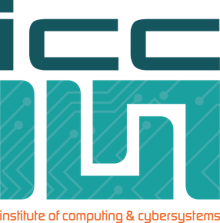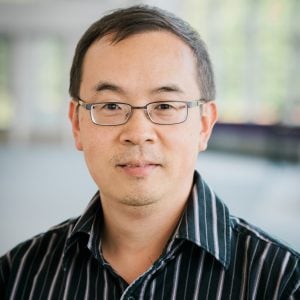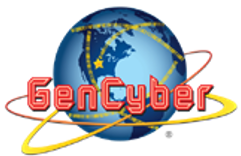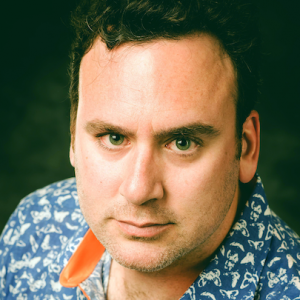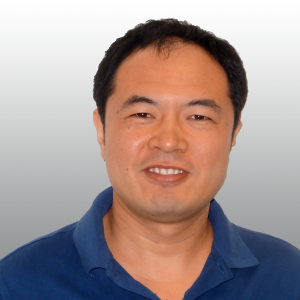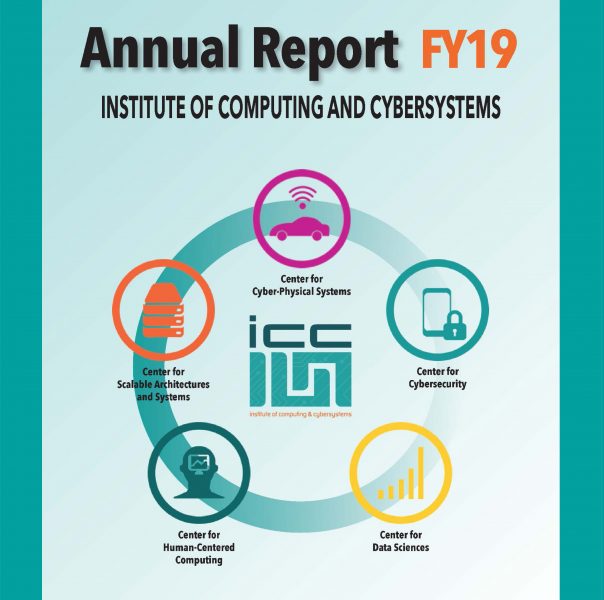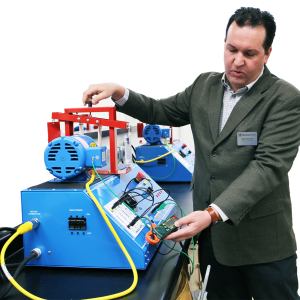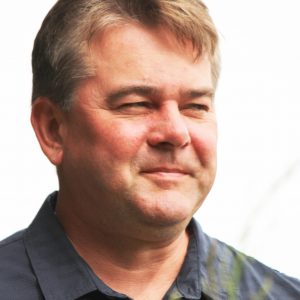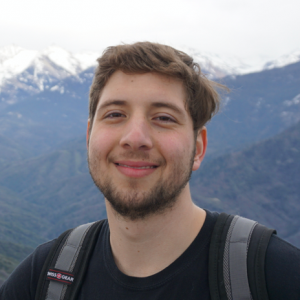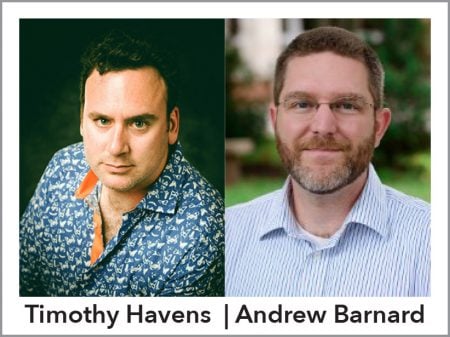
Dr. Timothy Havens (ICC), Dr. Andrew Barnard (GLRC), Dr. Guy Meadows (GLRC), and Dr. Gowtham (IT/ECE) have been awarded an Office of Naval Research DURIP grant titled, “Acoustic Sensing System and High-Throughput Computing Environment and Threat Monitoring in Naval Environments Using Machine Learning.”
The $243,169 award will fund procurement of new high throughput computing and underwater acoustic sensing systems for use by researchers at Michigan Tech.
The Defense University Research Instrumentation Program (DURIP) supports universities through awards meant to build the infrastructures necessary for relevant, high-quality Navy research.
We believe that these resources will considerably multiply our capability and productivity in assisting the U.S. Navy, and DoD at large, to move forward on numerous fronts. We have excellent resources, but lack some infrastructure capabilities to make a leap in theory and applications.
Havens says that the award supports two active U.S. Navy projects in particular, “ONR Graduate Traineeship Award: Multi-Modal, Near-Shore, Ice-Covered Arctic Acoustic Propagation Measurements and Analysis (ONR #N00014-18-1-2592)” and “Localization, Tracking, and Classification of On-Ice and Underwater Noise Sources Using Machine Learning (US NSWC #N00174-19-1-0004).”
“With this new equipment we can begin to conduct more detailed, realistic, and repeatable sensor/target experiments, and facilitate expansion of current research into related areas of interest to the DoD, such as deep learning with digital phased arrays and persistent, distributed sensing with sensor arrays,” Havens notes.
“The equipment will significantly enhance Michigan Tech capabilities for six other Department of Defense (DoD)-funded projects as well, including NGA, SPAWAR, and DARPA awards,” he adds.
Finally, through graduate student participation in the research, and collaboration with the undergraduate SENSE Enterprise at Michigan Tech (Strategic Education through Naval Systems Experiences), the equipment will augment Navy STEM education and future workforce development.
Tim Havens is associate dean for research, College of Computing, the William and Gloria Jackson Associate Professor of Computer Systems, and director of the Institute of Computing and Cybersystems.
Andrew Barnard is director of the Great Lakes Research Center,
associate professor, Mechanical Engineering—Engineering Mechanic, and Faculty advisor to the undergraduate SENSE Enterprise.
Guy Meadows is director of the Marine Engineering Laboratory, the Robbins Professor of Sustainable Marine Engineering, and a research professor in the Department of Mechanical Engineering-Engineering Mechanics.
Gowtham is director of research computing for Michigan Tech’s Information Technology department; an adjunct assistant professor, Physics; a research associate professor, Electrical and Computer Engineering; and an NSF XSEDE Campus Champion.
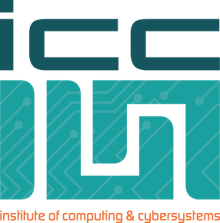
The Institute of Computing and Cyberersystems (ICC) promotes collaborative, cross-disciplinary research and learning experiences through six research centers in the areas of computing education, cyber-physical systems, cybersecurity, data sciences, human-centered computing, and scalable architectures and systems, for the benefit of Michigan Technological University and society at large.
The ICC’s 55 members represent more than 20 academic disciplines at Michigan Tech. Member scientists are collaborating to conduct impactful research, make valuable contributions in the field of computing, and solve problems of critical national importance.
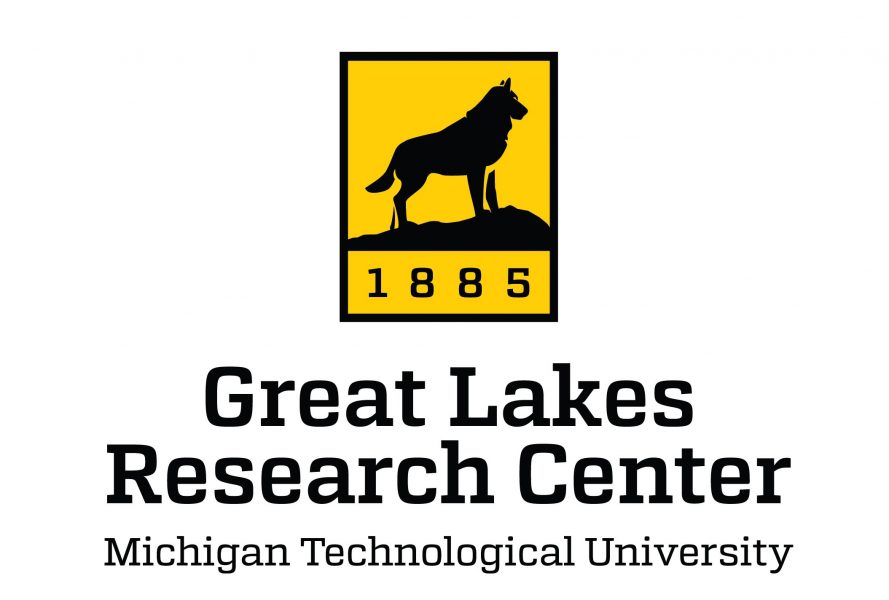
The Great Lakes Research Center (GLRC) provides state-of-the-art laboratories to support research on a broad array of topics. Faculty members from many departments across Michigan Technological University’s campus collaborate on interdisciplinary research, ranging from air–water interactions to biogeochemistry to food web relationships.
One of the GLRC’s most important functions is to educate the scientists, engineers, technologists, policymakers, and stakeholders of tomorrow about the Great Lakes basin. The Center for Science and Environmental Outreach provides K–12 student, teacher, and community education/outreach programs, taking advantage of the Center’s many teaching labs.
The GLRC also contains a lake-level marine facility and convenient deep-water docking, providing a year-round home for Michigan Tech’s surface and sub-surface fleet of marine vehicles.

